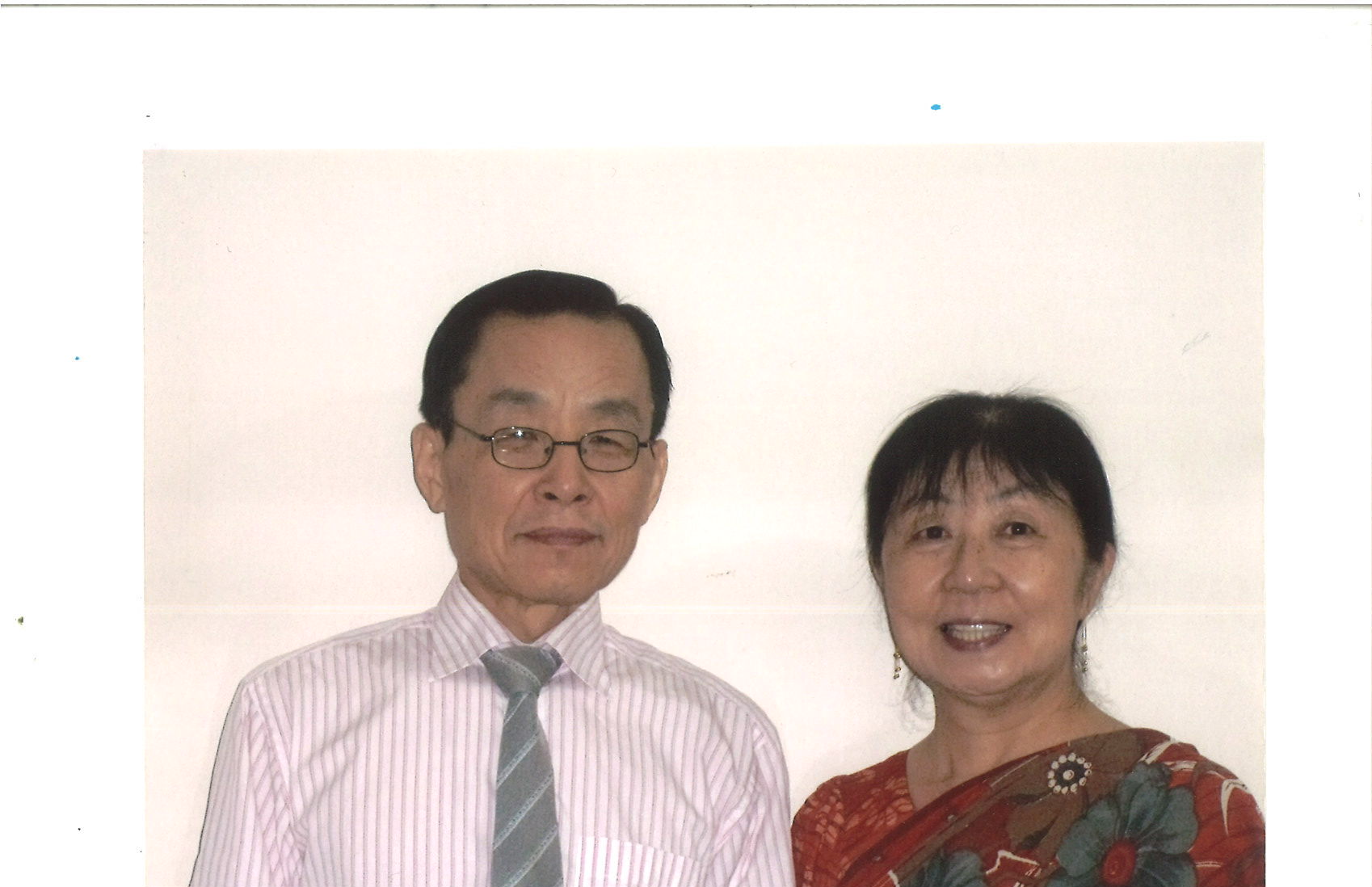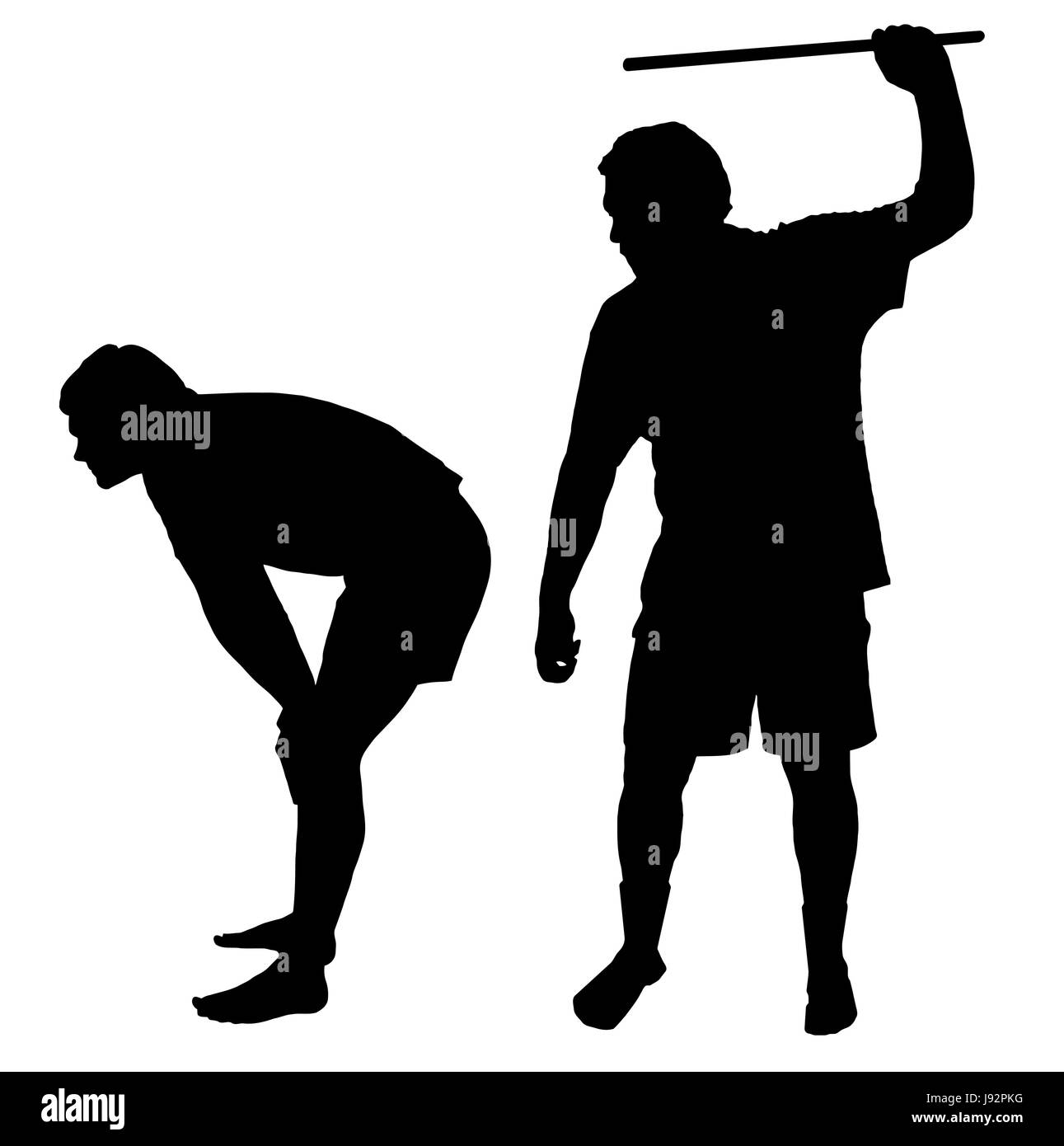Tomioka's punishment became a significant talking point in recent times, shedding light on accountability and justice. Whether you're familiar with the name or hearing it for the first time, this case has sparked debates across various platforms. The incident not only highlights the importance of responsibility but also raises questions about fairness and societal norms. Tomioka's punishment serves as a reminder that actions have consequences, and understanding the nuances of this case can provide valuable insights into modern justice systems. Tomioka's punishment gained traction due to its unique circumstances and the broader implications it holds. The case revolves around an individual whose actions led to widespread consequences, prompting authorities to intervene. This intervention resulted in a punishment that has been both praised and criticized, depending on one's perspective. The intricacies of the case reveal how societal expectations, legal frameworks, and personal accountability intersect. As we delve deeper into the details, we'll uncover the layers that make this case both compelling and thought-provoking. To fully grasp the significance of Tomioka's punishment, it's essential to examine the context and the people involved. The case is not just about one person but reflects broader societal issues that many can relate to. By exploring the background, the events leading up to the punishment, and the aftermath, we can better understand why this case resonates with so many. Whether you're here for legal insights, personal stories, or societal commentary, this article will provide a comprehensive look at Tomioka's punishment and its implications.
Table of Contents
- Who is Tomioka? A Brief Biography
- What Were the Actions That Led to Tomioka's Punishment?
- Understanding the Legal Framework Behind Tomioka's Punishment
- How Did Tomioka's Punishment Impact Society?
- Is Tomioka's Punishment Fair? A Debate on Justice
- Lessons Learned from Tomioka's Punishment
- What Can We Expect in the Future Regarding Tomioka's Case?
- Conclusion: Reflecting on Tomioka's Punishment
Who is Tomioka? A Brief Biography
Before diving into the details of Tomioka's punishment, it's important to understand who Tomioka is. Below is a table summarizing key personal details and biographical information about the individual at the center of this case:
| Full Name | Tomioka Hiroshi |
|---|---|
| Date of Birth | March 15, 1985 |
| Place of Birth | Tokyo, Japan |
| Profession | Corporate Executive |
| Notable Achievements | Award-winning business leader, advocate for workplace ethics |
Tomioka Hiroshi was known for his contributions to the corporate world, where he championed ethical practices and innovation. However, his rise to prominence was overshadowed by the events that led to his punishment. Understanding his background provides context for the decisions and actions that shaped his career and eventual downfall.
Read also:Aaradhya Bachchan Health Update Latest Insights And Lifestyle Tips
What Were the Actions That Led to Tomioka's Punishment?
At the heart of Tomioka's punishment lies a series of actions that drew widespread attention. These actions were not isolated incidents but rather a culmination of behaviors that violated societal norms and legal standards. To fully comprehend the case, it's crucial to examine the specific events that triggered the punishment.
First, Tomioka was accused of engaging in unethical business practices. Reports suggest that he manipulated financial records to inflate profits, misleading stakeholders and investors. This behavior not only breached corporate ethics but also violated legal regulations designed to ensure transparency and accountability. The discovery of these practices led to an investigation by regulatory authorities, which uncovered further evidence of misconduct.
Second, Tomioka's actions extended beyond financial mismanagement. He was also implicated in workplace harassment allegations, which painted a troubling picture of his leadership style. Employees reported a toxic work environment characterized by intimidation and favoritism. These allegations added another layer to the case, highlighting the broader impact of his behavior on individuals and the organization as a whole.
Key Factors That Contributed to the Investigation
Several factors contributed to the investigation into Tomioka's actions:
- Whistleblower Reports: Internal whistleblowers played a crucial role in exposing Tomioka's misconduct.
- Media Coverage: Investigative journalists brought the case to public attention, amplifying calls for accountability.
- Regulatory Scrutiny: Authorities conducted a thorough review of Tomioka's business practices, uncovering systemic issues.
The combination of these factors created a perfect storm, leading to Tomioka's punishment. The case serves as a cautionary tale about the importance of ethical leadership and the consequences of deviating from accepted norms.
Understanding the Legal Framework Behind Tomioka's Punishment
The legal framework surrounding Tomioka's punishment is a critical aspect of the case. It provides insight into how justice was administered and the principles that guided the decision-making process. By examining the laws and regulations involved, we can better understand the rationale behind the punishment.
Read also:Exploring The Controversial World Of Billie Eilish Rule34 A Comprehensive Guide
One of the primary legal considerations in Tomioka's case was the violation of corporate governance laws. These laws are designed to ensure that businesses operate transparently and in the best interests of stakeholders. Tomioka's manipulation of financial records contravened these principles, resulting in severe penalties. The legal system imposed fines and other sanctions to hold him accountable for his actions.
What Role Did Regulatory Bodies Play in Tomioka's Punishment?
Regulatory bodies played a pivotal role in addressing Tomioka's misconduct. These organizations are tasked with enforcing laws and regulations to maintain fairness and integrity in the business world. In Tomioka's case, they conducted investigations, gathered evidence, and recommended appropriate actions to address the violations.
Examples of Regulatory Actions Taken
- Fines and Penalties: Monetary penalties were imposed to deter future misconduct.
- Legal Proceedings: Tomioka faced court hearings to determine the extent of his culpability.
- Reputation Management: Regulatory bodies worked to restore public trust in the affected organization.
The involvement of regulatory bodies underscores the importance of oversight in preventing and addressing misconduct. Their actions in Tomioka's case highlight the mechanisms in place to uphold justice and accountability.
How Did Tomioka's Punishment Impact Society?
Tomioka's punishment had far-reaching effects that extended beyond the individual and the organization involved. It sparked conversations about corporate responsibility, ethical leadership, and the role of accountability in modern society. These discussions have shaped public opinion and influenced policy changes in various sectors.
One significant impact of Tomioka's punishment was the heightened awareness of corporate governance issues. The case served as a wake-up call for businesses to prioritize transparency and ethical practices. Many organizations reviewed their policies and implemented measures to prevent similar incidents from occurring. This shift in mindset reflects a broader commitment to fostering trust and integrity in the corporate world.
What Lessons Can Society Learn from Tomioka's Case?
Society can draw several lessons from Tomioka's punishment:
- Accountability Matters: The case emphasizes the importance of holding individuals accountable for their actions.
- Ethical Leadership is Essential: Leaders must prioritize ethical behavior to inspire trust and confidence.
- Regulatory Oversight is Crucial: Effective oversight mechanisms are necessary to prevent misconduct and ensure fairness.
By reflecting on these lessons, society can work towards creating a more just and equitable environment for all.
Is Tomioka's Punishment Fair? A Debate on Justice
The fairness of Tomioka's punishment has been a subject of debate among legal experts, ethicists, and the general public. While some argue that the punishment was justified given the severity of the misconduct, others question whether it was proportionate to the offenses committed. This debate highlights the complexities of administering justice in high-profile cases.
Proponents of the punishment argue that it sends a strong message about the consequences of unethical behavior. They believe that holding Tomioka accountable serves as a deterrent for others who might consider engaging in similar actions. Additionally, they emphasize the importance of upholding the rule of law to maintain public trust in the justice system.
Why Do Some People Question the Fairness of Tomioka's Punishment?
Critics of the punishment raise several concerns:
- Severity of Penalties: Some argue that the penalties imposed were too harsh and disproportionate.
- Lack of Context: Critics believe that the punishment failed to consider mitigating factors or extenuating circumstances.
- Impact on Rehabilitation: There are concerns that the punishment may hinder Tomioka's ability to reform and contribute positively in the future.
These perspectives highlight the challenges of balancing justice with fairness in complex cases like Tomioka's.
Lessons Learned from Tomioka's Punishment
Tomioka's punishment offers valuable lessons for individuals, organizations, and society as a whole. By examining the case, we can identify key takeaways that can help prevent similar incidents in the future and promote a culture of accountability and ethical behavior.
One of the most important lessons is the significance of transparency in all aspects of life. Whether in business, governance, or personal relationships, transparency fosters trust and minimizes the risk of misconduct. Tomioka's case underscores the dangers of concealing information and the importance of open communication.
How Can Organizations Prevent Similar Cases in the Future?
Organizations can take proactive steps to prevent misconduct:
- Implement Robust Policies: Establish clear guidelines for ethical behavior and enforce them consistently.
- Promote a Positive Work Culture: Encourage open dialogue and create an environment where employees feel safe reporting concerns.
- Conduct Regular Audits: Monitor practices to identify and address potential issues before they escalate.
By adopting these measures, organizations can reduce the likelihood of facing situations similar to Tomioka's punishment.
What Can We Expect in the Future Regarding Tomioka's Case?
Looking ahead, Tomioka's case is likely to have lasting implications for how society addresses misconduct and administers justice. The lessons learned from this case may influence future policies, legal frameworks, and societal norms. As discussions continue, it's important to consider the potential outcomes and their broader impact.
One possible outcome is the introduction of stricter regulations to prevent similar incidents. Policymakers may use Tomioka's case as a reference point to strengthen oversight mechanisms and ensure greater accountability. Additionally, there may be increased emphasis on educating individuals and organizations about the importance of ethical behavior and the consequences of misconduct.
Will Tomioka's Case Lead to Broader Reforms?
There is potential for Tomioka's case to inspire broader reforms:
- Legal Reforms: Changes to laws and regulations to address gaps exposed by the case.
- Cultural Shifts: A move towards greater transparency and accountability in all sectors.
- Public Awareness: Increased focus on educating the public about ethical practices and their importance.
These developments could pave the way for a more just and equitable society, where accountability is prioritized and misconduct is addressed effectively.
Frequently Asked Questions (FAQs)
Here are answers to some common questions about Tomioka's punishment:
What Were the Main Reasons Behind Tomioka's Punishment?
Tomioka's punishment was primarily due to unethical business practices, including financial mismanagement and workplace harassment. These actions violated legal and ethical standards, prompting authorities to intervene.
How Did Tomioka's Punishment Affect His Career?
Tomioka's punishment had a significant impact on his career, leading to legal penalties, reputational damage, and a loss of professional standing. The case serves as a caution

